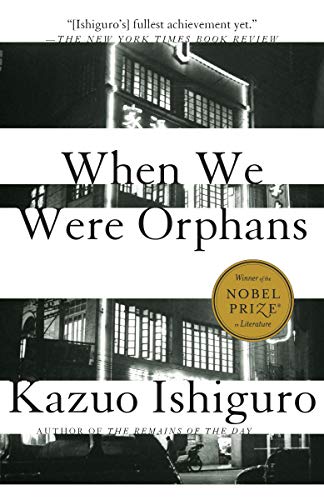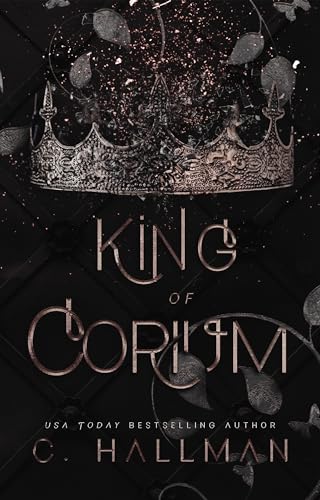Should you write an inscription, or choose a book to change a loved one’s mind? There’s nothing simple about literary presents says Elle Hunt from The Guardian… Support our news coverage by subscribing to our Kindle Nation Daily Digest. Joining is free right now!
A man was walking in New York City when he passed a street vendor with books laid out on the pavement. In the $1 pile was a copy of the latest Philip Roth novel, which he’d loved. He picked it up, turned to the first page – to find a very loving inscription, written by himself, to his newly ex-girlfriend.
This is a true story, says rare book dealer and author Rick Gekoski, told to him by a good friend. “He said it was very embarrassing. I said: ‘Did you buy it?’ He said, ‘Of course. Then I threw it in the nearest wastepaper basket.’”
The tale provides excruciating evidence of the pitfalls of buying books as presents – thought to be less personal than jewellery, but far more telling of the giver (and what they think of the recipient) than anything that comes in a turquoise box from Tiffany. Not to mention infinitely more likely to be passed on.
Gekoski shared his friend’s story in support of his two rules on buying books for others. “The first is, always save a receipt” – the reason being, if a book has jumped into your mind as the perfect present for someone, it has doubtless occurred to someone else. When Lynne Truss’s Eats, Shoots & Leaves was published in 2003, Gekoski recalls, “everybody got five copies for Christmas” – then tried to regift them to others who already had several copies themselves.
And the second rule? “Never write an inscription in a book, unless you’ve written it yourself.” (He is bemused by authors who do not like to give their own books, lest they be thought of as self-promoting.)
Gekoski suggests people restrict their sentiment to an enclosed card, in part to encourage people to own fewer things, and to extend the life of the book. “A third of everybody’s gifts end up in somebody else’s house, or in Oxfam. No matter how much you love the person, you’re basically defacing the book.”
Read full post on The Guardian














